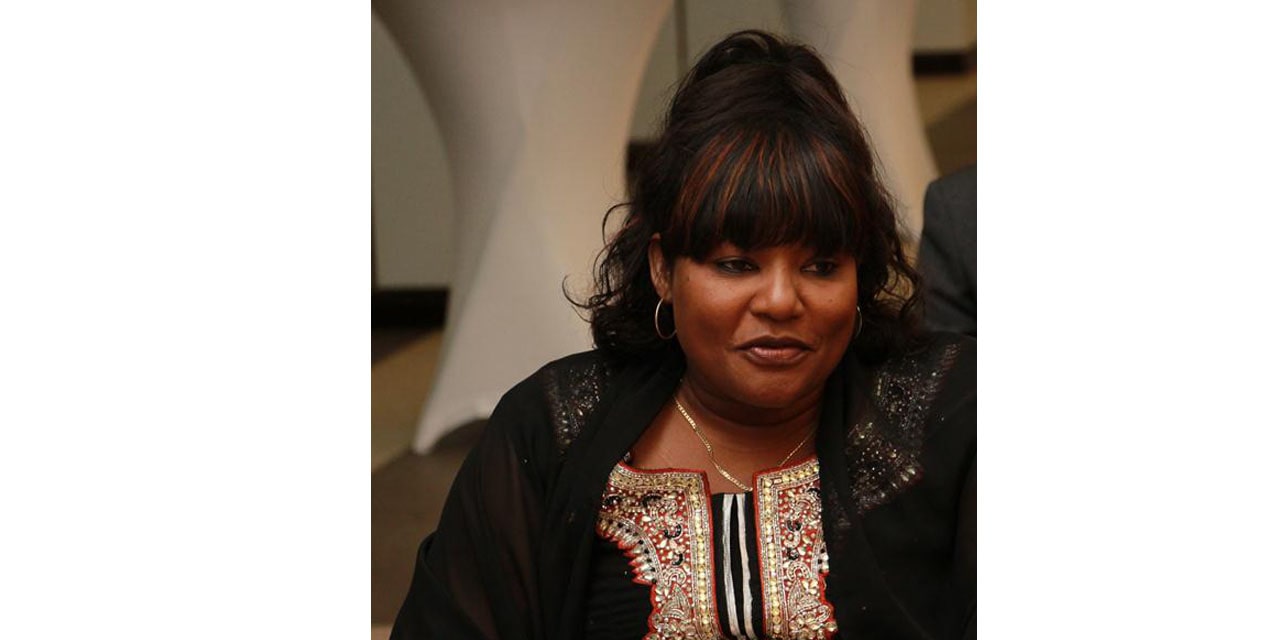Tujoromajo Kasuto
Alexia Manombe-Ncube, the Deputy Minister of Gender Equality, Poverty Eradication, And Social
Welfare and Disability Affairs, urges people to consider the accessibility of workplaces, schools, homes, churches and public transportation for wheelchair-bound people.
“Are you happy that a person in a wheelchair will easily access the building as well as the ablution facilities? It often happens that a building is only partially accessible, for example they have a ramp, but the entrances to the ablution facilities are so narrow that a wheelchair cannot enter,’’ she lamented.
Ncube shares her observations that the ramps are only built up to a certain stage and that only those who can use stairs can access it further.
‘’I did regional outreaches last year, and very often they had to use foldable tables to form a ramp for my wheelchairs to enter, and I can see that people have genuinely never thought of the day that a wheelchair user will enter that building. I hope and trust those managers who pledged to correct these oversites, have done so by now,’’ she further explains.
She calls on all everyone to become champions of persons with disabilities. ‘’Let us enquire and ask the right questions to ensure that every Namibian is welcomed at the table where decisions are taken,’’ and thanked those who do their part to improve the living standards of people with disabilities.
The deputy minister says this at the launch of the Office of the Auditor General Information Braille Booklet which was under the theme ‘Providing Access and Opportunity for People with Disabilities’.
The Braille booklet brings hope for a better tomorrow and brings along new possibilities for people with visual impairment regarding participation in discussions, employment and career opportunities.
It also allows for access to information that was previously just broadcast for a short period on radio or TV. Information on the radio and TV are very selective, since mostly only the highlights are shared, but the braille copy allows the readers to return to the copy as many times as they wish and to make thorough decisions.
Thus, Ncube said that accessibility is a key factor in a society that aims to be inclusive. In fact, it is a principle in the UN Convention on the Rights of Persons with Disabilities and in the Protocol to the African Charter on Human and Peoples’ Rights on the Rights of Persons with Disability.
Meanwhile, Auditor General Julius Kandjeke says that according to his office’s current Affirmative
Action Plan, at least 5 percent of its total staff complement of people should be those living with disabilit.
This includes disability that may take different forms ranging from vision impairment, deaf or hard hearing and physical disability and the AG’s office achieved a 3.27 percent with over two-thirds implementation of the legal requirement.




